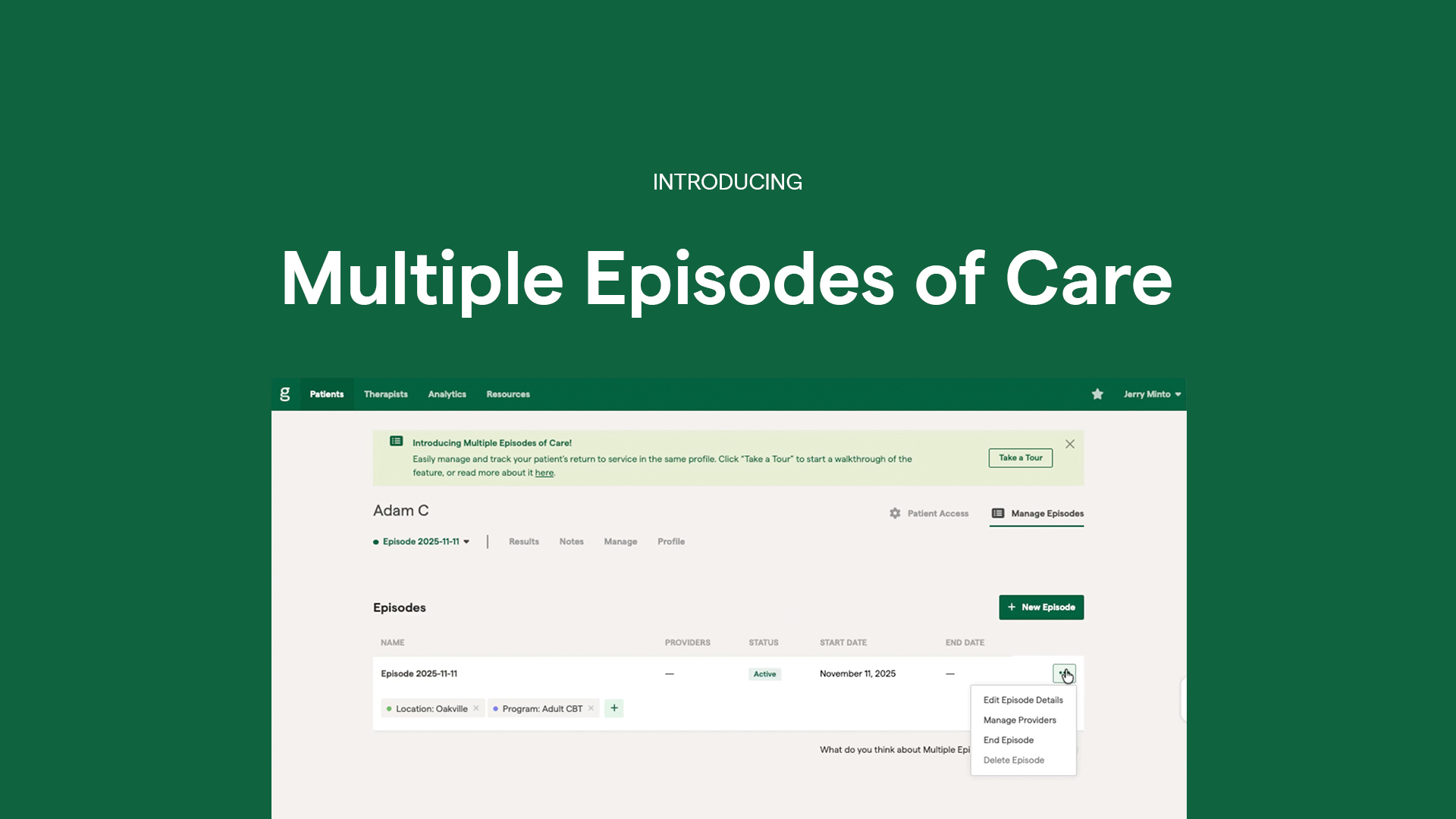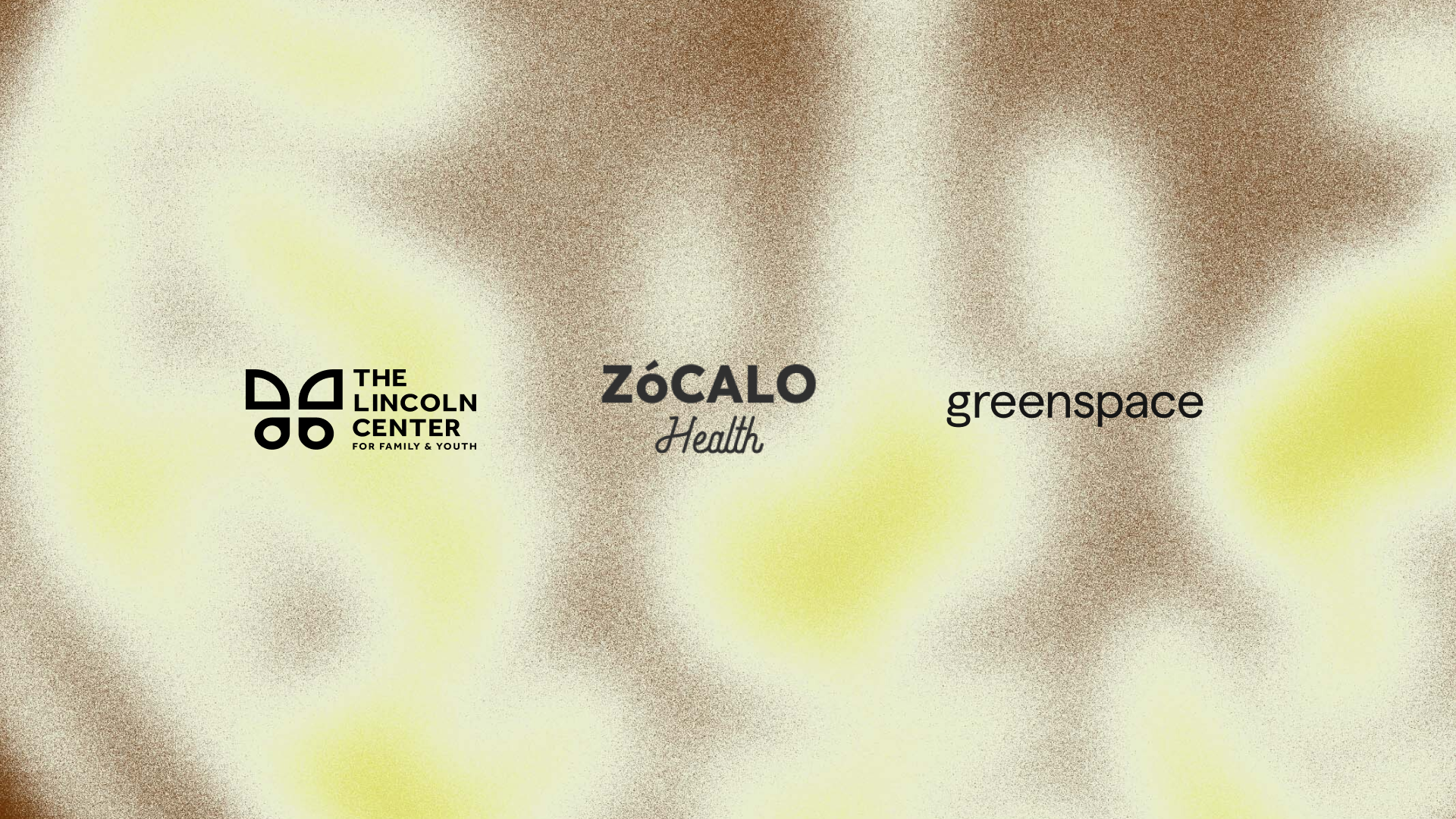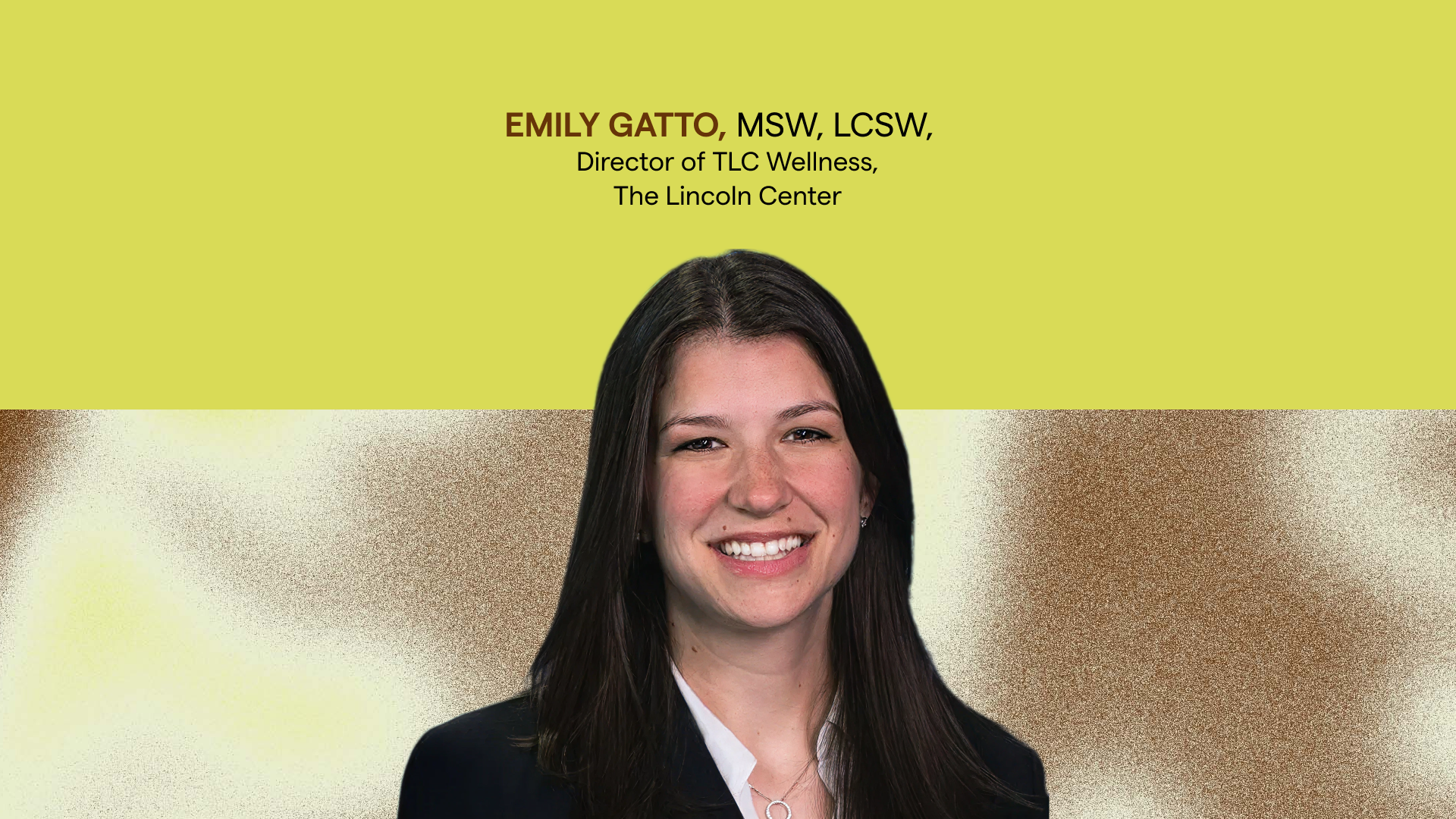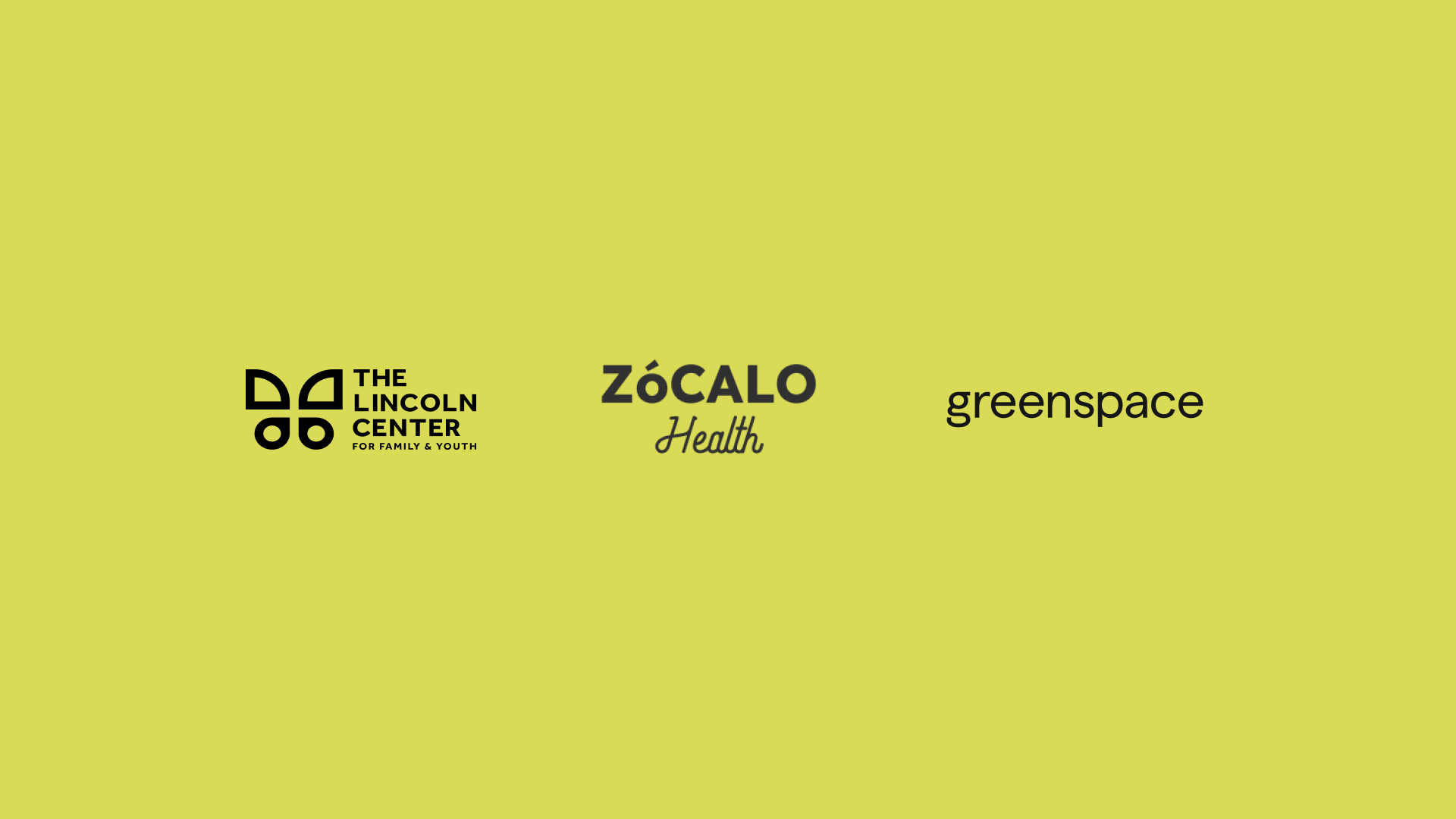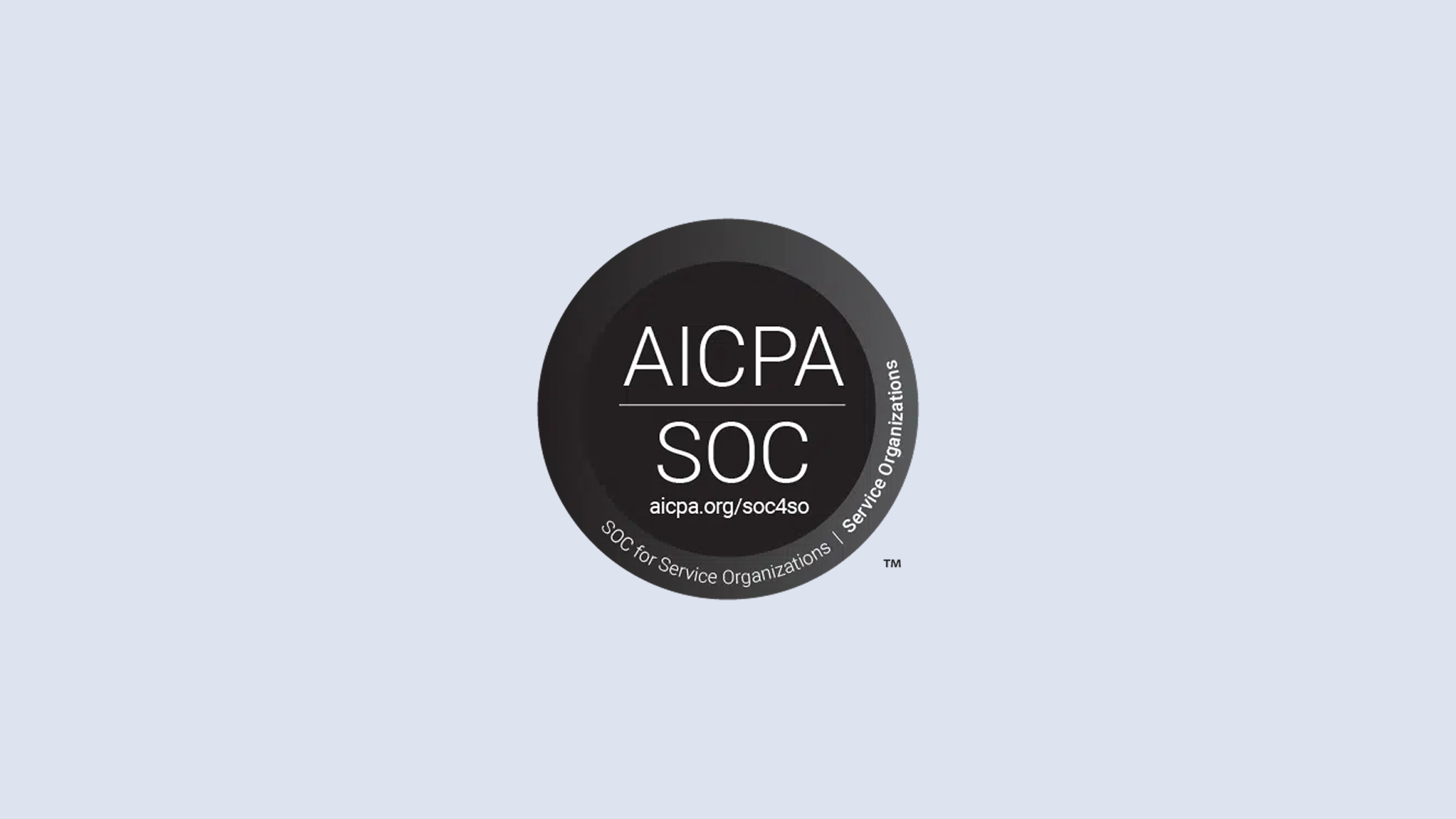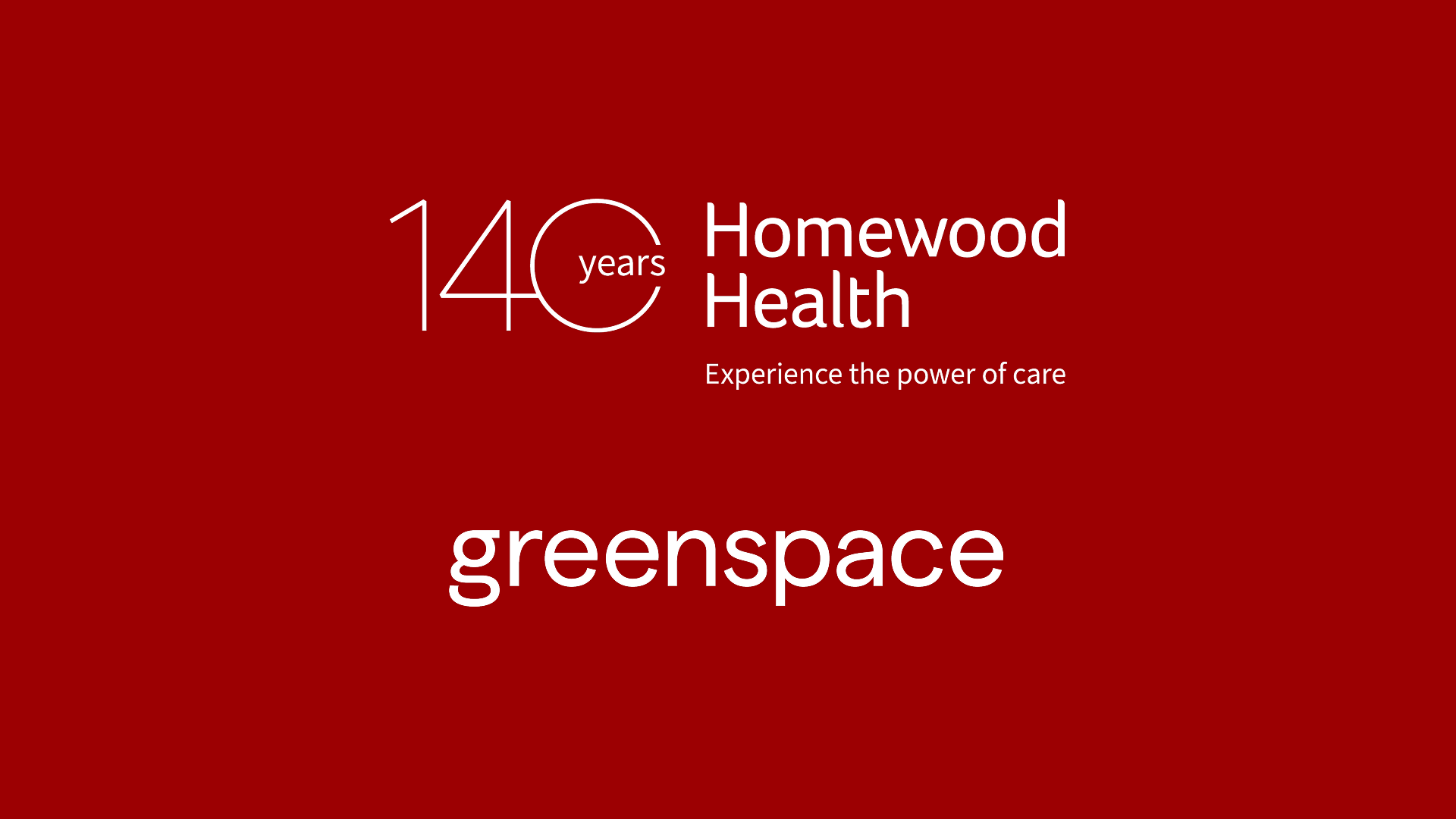
First responders, military personnel, and veterans (FRMV) often face unique and complex mental health needs, from trauma and operational stress injuries to co-occurring conditions like depression, anxiety, and substance use.
A new case study published in the Journal of Military, Veteran and Family Health, Measurement-Based Care in a Canadian Treatment Program for First Responders, Military Personnel, and Veterans, highlights how Homewood Health, one of Canada’s most recognized providers of mental health care for FRMV, implemented Measurement-Based Care (MBC) across their Guardians Program, an inpatient service tailored to FRMV. The findings underscore how systematic outcome measurement can strengthen treatment quality, engagement, and recovery for individuals with complex care needs.
Measurement-Based Care at Homewood Health
Measurement-Based Care is the systematic use of patient-reported outcome measures (PROMs) over time to inform treatment planning and collaborative decision-making. Implementing MBC in the clinical care process empowers clinicians with data-driven insights to assess the quality and effectiveness of care, guide meaningful discussions, and personalize treatment to the unique needs of each individual.
The Guardians Program at Homewood Health provides specialized inpatient behavioral health treatment for first responders and military members experiencing trauma-related disorders. Homewood Health has been a Canadian pioneer in the implementation of MBC into mental health program delivery with well over a decade of experience. To support their MBC practice, Homewood Health implemented Greenspace’s platform in 2022 across their inpatient services, including the Guardians program. As part of the program, they administer core outcome measures for depression (PHQ-9), general anxiety (GAD-7), trauma (PCL-5), and therapeutic alliance (WAI-6) at intake, mid-treatment, discharge, and follow-up.
The case study assessed two key implementation indicators, provided by Greenspace’s MBC platform.
- Patient adoption is the percentage of patients who complete at least one assessment.
- Continuous engagement refers to the percentage of patients who started treatment more than 60 days ago and completed three or more assessments, indicating ongoing use of MBC.
The study assessed patient adoption and continuous engagement rates for 2022, 2023, and 2024, and compared year-over-year changes within the Guardians program and inpatient services across the organization, as well as against average benchmarks from other organizations using Greenspace across Canada and the US. Outcomes were evaluated using reliable improvement (≥ reliable change threshold) and reliable recovery (≥ caseness threshold) metrics to determine symptom improvement between intake and discharge.
Key Findings
Homewood Health Exceeding National Benchmarks
The study found that program outcomes for the Homewood Guardians program across key clinical measures far exceeded Canadian and US median benchmarks. In particular, the study found that median patient adoption, continuous engagement throughout care, reliable improvement, and reliable recovery rates in the Guardians program at Homewood Health far exceeded Canadian and US median benchmarks.
The adoption rate amongst patients (86%) and continuous engagement rate (88%) were greater than median Canadian (75% and 62%) and US (66% and 48%) benchmarks. The percentage of patients whose symptoms of depression, anxiety, and trauma reliably improved were 67%, 68%, and 80%, respectively, and all exceeded both Canadian and US benchmarks. The percentage of patients who reliably recovered from their depression (57%), anxiety (53%), and trauma (52%) symptoms also exceeded national benchmarks.
| Homewood Health Guardians Program | Canadian Median | US Median | |
|---|---|---|---|
| Patient Adoption Rate | 86% | 75% | 66% |
| Continuous Engagement Rate | 88% | 62% | 48% |
| Reliable Improvement (PHQ-9) | 67% | 30% | 24% |
| Reliable Recovery (PHQ-9) | 57% | 37% | 44% |
| Reliable Improvement (GAD-7) | 68% | 39% | 33% |
| Reliable Recovery (GAD-7) | 53% | 37% | 44% |
| Reliable Improvement (PCL-5) | 80% | 45% | 43% |
| Reliable Recovery (PCL-5) | 52% | 30% | 32% |
| Therapeutic Alliance (WAI-6) | 85% | 81% | 84% |
The results of the case study concluded that patients in the Homewood Guardians program were not only more likely to engage in MBC than the national average, but they also experienced significantly greater improvements and recovery across depression, anxiety, and trauma symptoms. When clinicians are empowered with the rich data and insights collected from routine outcome measures, and they actually use that data meaningfully throughout treatment to gauge effectiveness, monitor symptom improvement, and engage clients to actively participate in their care, clinicians can make evidence-based decisions that personalize care and directly enhance outcomes.
The Power of Personalization
The Homewood Guardians program’s above-median improvement and recovery rate can largely be credited to the tailored, personalized treatment being delivered as a result of the insights gained from outcome measures. Due to the unique and complex challenges faced by FRMV, research shows that treatment customized to target and meet those needs leads to better outcomes and engagement.
In the case of the Homewood Guardians program, routine monitoring of therapeutic alliance further strengthened the personalization of treatment. Therapeutic alliance scores help clinicians guide discussions about the treatment experience and inform adjustments to how they deliver care to each patient, enhancing engagement, attendance, and adherence. The mean score of therapeutic alliance (85%) in the Homewood Guardians program exceeds national medians, reflecting the program’s commitment to delivering meaningful, person-centered care.
Overcoming Barriers to Implementation
While the benefits of MBC are clear, successfully adopting MBC into practice can be challenging for some organizations.
At Homewood Health, the early rollout in 2022 saw modest uptake (20%), but with training, staff support, and leadership engagement, adoption surged to 100% in 2023. To achieve this, Homewood Health embedded comprehensive training for staff, technical support, and opportunities to share program outcomes into their implementation process.
Greenspace also offers resources and training to ensure clinicians are well-equipped to introduce MBC effectively within their practice. Our extensive Assessments Hub, offers in-depth guides to over 40 of the most frequently used outcome measures, and the Yale MBC Collaborative Knowledge Hub features insights, strategies and best practices around implementing MBC, introducing assessments, discussing results with clients, and more, directly from renowned psychologists and our partners at Yale.
Closing the Gap with MBC Benchmarking
For organizations new to MBC, assessing engagement and outcomes in relation to industry benchmarks can help meaningfully support implementation tactics and focus. Greenspace empowers organizations using it’s platform with an accurate view of how their organization is performing against industry benchmarks for adoption, engagement and outcomes, established from over 500 MBC implementations, directly within our platform.
This dashboard supports the mental health experts at Homewood Health to gain valuable insight into how their outcomes compare to other organizations, and ultimately revealed the effectiveness of MBC in Homewood’s Guardians program, raising evidence of the impact of MBC among FRMV communities.
Wrapping Up
The results of the study demonstrate how data-driven insights collected through the use of routine outcome measures can enhance engagement and improve outcomes, even (and often especially) within complex and unique settings. When organizations implement MBC effectively (i.e. by embedding comprehensive clinician training, support, and strategies for engaging clinicians and clients in the process) they can sustain adoption, improve engagement, and enhance outcomes for the populations they serve.
Interested in learning more about our MBC platform and its features? Schedule a call with an implementation specialist or reach out anytime at info@greenspacehealth.com.
